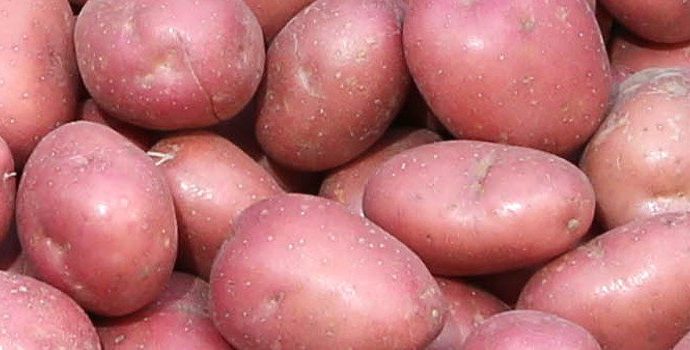IFA Delegation Highlights Income Pressures Across All Sectors at Brussels Meetings

Speaking from Brussels where he is leading a high-level IFA delegation, IFA National Chairman Jer Bergin said the delegation held meetings this morning with officials from the Rural Development and Direct Payments sections of DG AGRI. The IFA group is highlighting serious ongoing farm income difficulties, particularly in the dairy, livestock, grain and pig sectors.
Jer Bergin said IFA is building strong momentum in Brussels for the suspension of EU import tariffs on fertiliser which an IFA study shows is costing European farmers over €1bn per year in unnecessary input costs. He stressed that stronger market support measures including Private Storage Aid, continued full price intervention buying-in, export credit instruments are necessary to alleviate the impact of the collapse in prices in the dairy and pigmeat sectors.
The IFA delegation said the Minister for Agriculture Simon Coveney must reject the notion that progressive Irish and European dairy farmers are the main cause of the current international dairy market imbalance. The current downturn is due to a multitude of global demand (China, Russia, low oil prices) as well as supply factors coinciding with the end of milk quotas.
At today’s Farm Council meeting, the IFA National Chairman said Minister Coveney must articulate strongly the fact that production management proposals being made by some member states, including France, are ineffectual, retrograde steps and must be rejected. “Production management cannot impact prices, because the EU operates on a market now fully exposed to the vagaries of global weather, geopolitical, economic and supply/demand factors. Even if EU producers reduce production, there is nothing to stop other global competitors from further increasing theirs.”
Production management at EU level would disadvantage significantly the progressive EU farmers, including Irish farmers, who, in the legal certainty that quotas would end in March 2015, have invested to grow their enterprises and output in order to meet long-term positive global demand trends.




